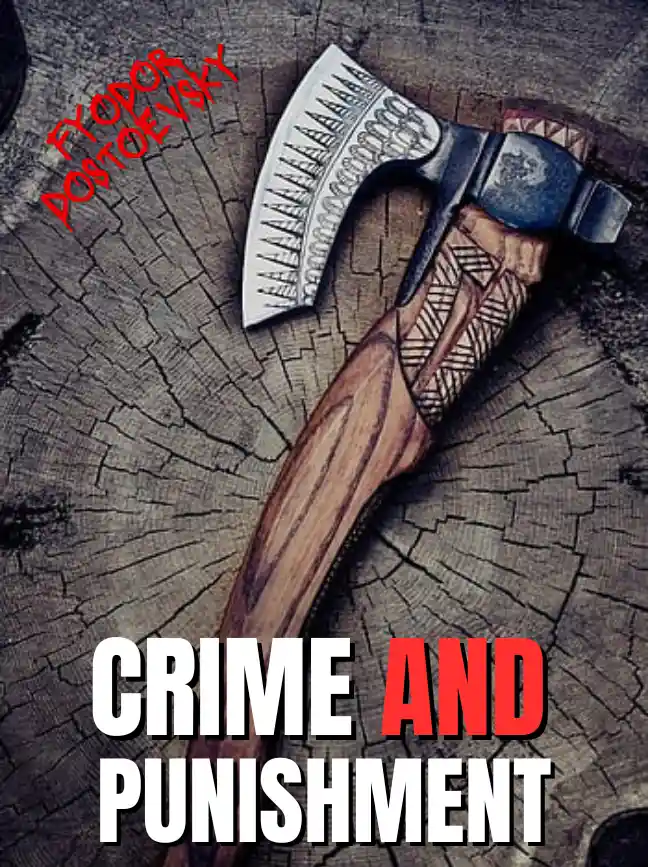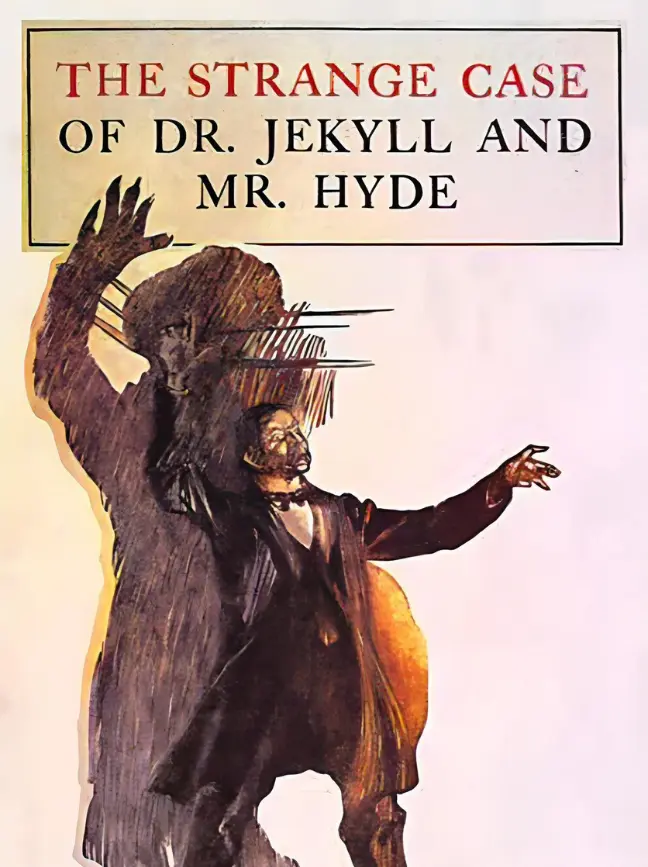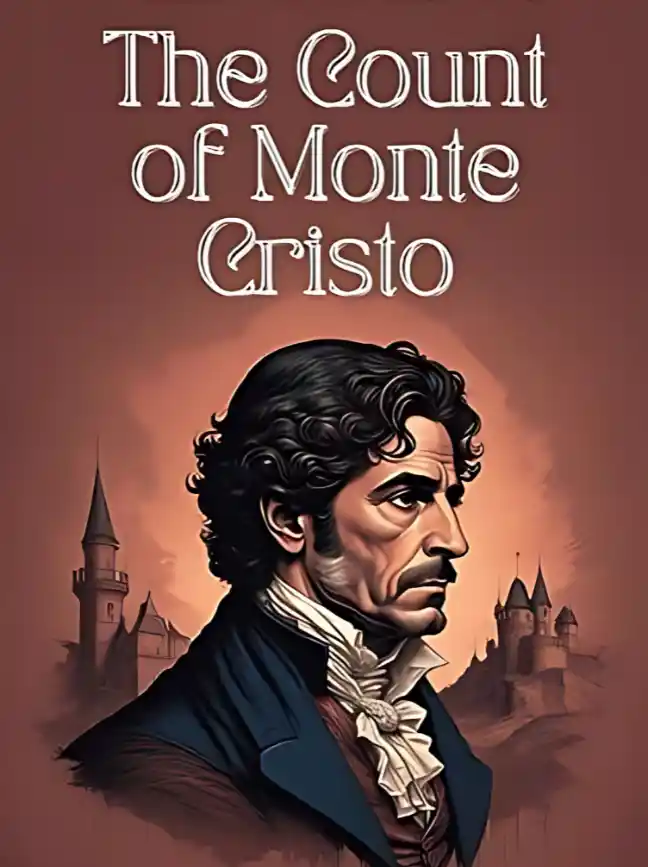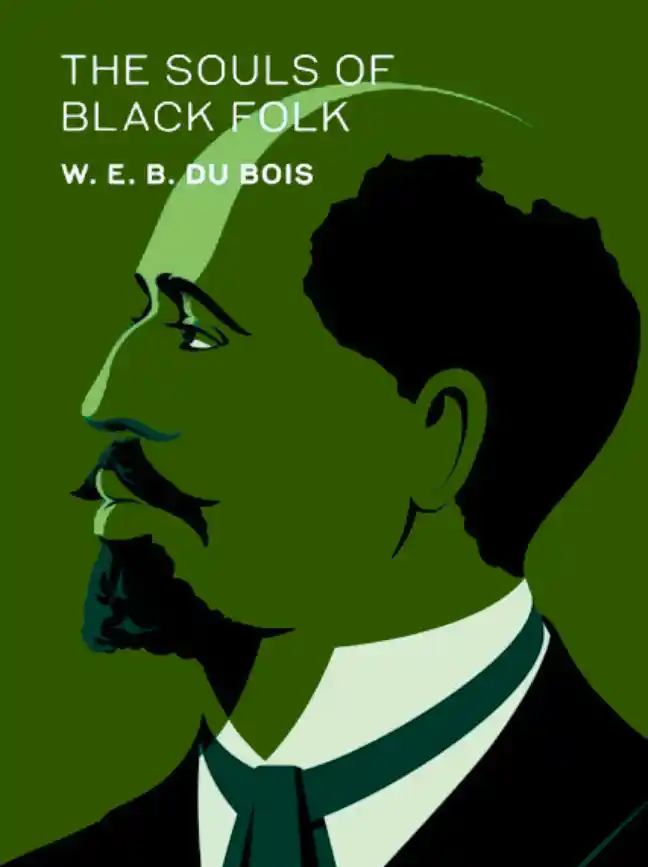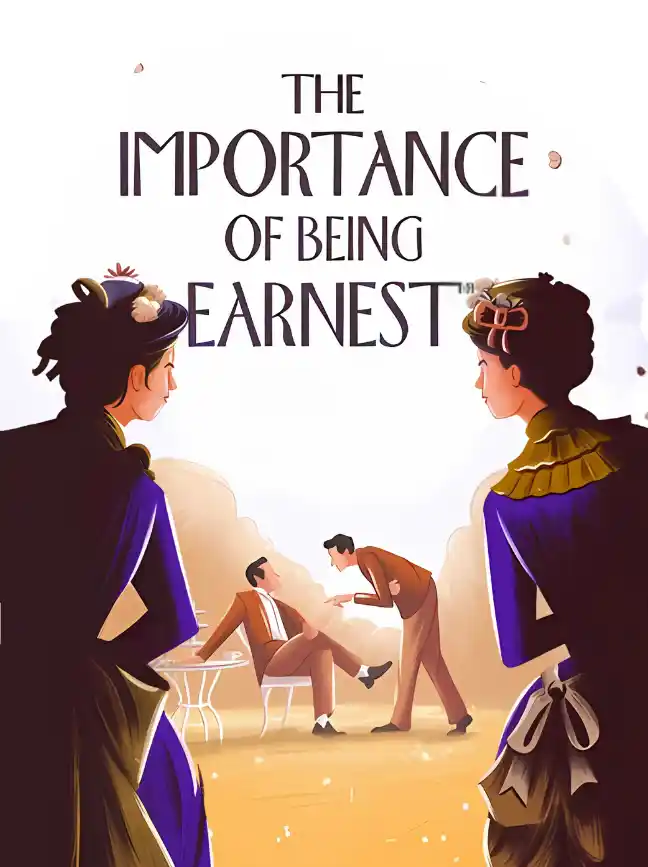Ryan Hiles is twenty-three years old and he is going to change the world.
It is his first day at work, his first day as a police constable. He has suffered through the application and interview process. He has endured the police regional training centre – twelve weeks in dreary Manchester. He has queued with the other officers on a herringboned floor, waxed and polished, and been given his uniform in a clear plastic bag. A white shirt. A black vest. His police number – 2648 – on his shoulders.
And finally, here he is, in the foyer. His hair wet from the relentless rain, but otherwise ready. He put the uniform on last night, in his bathroom, having waited and waited to do it. He stood on the toilet to see his body in the mirror. And there he was: a policeman. On the toilet, admittedly – but a policeman nevertheless.
More than the uniform, though, Ryan now has what he has always wanted: ability. Specifically, the ability to make a difference. And he is – right now, right this very second – waiting in the station to meet his tutor police officer.
‘You’re assigned to PC Luke Bradford,’ the enquiry officer on the front desk says to him, her tone bored. She is older, maybe mid-fifties, though Ryan has never been very good at guessing ages. Hair the colour of a piece of slate.
She indicates the row of pale blue bolted-together chairs and he takes a seat next to a man who he assumes is either a criminal or a witness: a young lad with a ponytail, staring at his hands.
Outside, rain batters the police station. Ryan can hear it running off the windowsills. It’s rained so much it’s been on the news. The wettest October on record. Trains not running, parks and gardens a sodden mess of leaves and water.
PC Luke Bradford arrives after twenty minutes. Ryan takes three
deliberate breaths in and out as he approaches. This is it. The beginning.
Bradford crushes Ryan’s hand in a shake. He’s maybe five years older than Ryan – he is still a police constable, so he must be youngish. And yet he has sallow skin, eye-bags, smells of coffee. His dark hair is salted at the temples and above his ears. Ryan is athletic – if he does say so himself – and he swallows as he looks at Bradford, takes in the small paunch clearly protruding over his black trousers.
‘All right, welcome. God, is it still fucking raining?’ Bradford glances out at the car park. ‘First up, parade, then 999 jobs.’ He turns away from Ryan and leads him into the bowels of the place he will call work.
Parade. Bradford uses old-school language. But still, his first briefing.
Ryan feels a dart of excitement like pins and needles in his stomach. ‘Kettle on,’ Bradford says to him.
‘Oh, sure,’ Ryan says, hoping to sound willing.
‘Tea round’s on the newbie.’ He indicates the briefing room. ‘Find out what everyone wants.’ He claps him on the shoulder as he leaves.
‘Okay, then.’
It’s fine, Ryan tells himself. He can make tea.
But tea, it turns out, is complicated. Fifteen cups. Different strengths, different sweetnesses, different fucking milks. Canderel, proper sugar – the works. Ryan’s hands are trembling by the time he’s ferried the last few
mugs out, his knuckles burning. When he reaches the briefing room just as parade begins, he realizes he hasn’t made one for himself.
The sergeant, Joanne Zamo, is in her late forties, has the kind of wide
smile that takes over a face. She begins to run through the list of active jobs, none of which Ryan understands. He is the only new PC here; the rest have been dispersed across the north. He gazes around the room, looking at the fifteen coppers and their fifteen cuppas. He’d hoped to find a mate here,
someone his age.
Ryan left school at eighteen, worked office jobs with friends for the last few years. He had a great gig ordering stationery where nobody actually expected him to do anything productive but still wanted to pay him. He’d
thought it was great, for a while, but it turns out ordering rulers and A4 lined paper is not enough for Ryan. He woke up one Monday morning, six months ago, and thought, Is this it?
And then he’d applied to join the police.
Zamo is giving out the list of call jobs. ‘Right,’ she adds. ‘Okay, who have we got here in new recruits? You.’ Her brown eyes light on Ryan. ‘Your tutor is Bradford?’
‘That’s right,’ Bradford says, before Ryan can.
‘Okay – you’re Echo.’ She looks straight at Ryan. ‘And Mike.’ ‘Mike?’ Ryan says. ‘Sorry, no. I’m Ryan. Ryan Hiles.’
A flutter of Bradford’s eyelashes. A frisson that Ryan fails to understand.
A beat. And then the room erupts.
‘Echo Mike,’ Bradford says, laughing, as though it is a punchline. He has one hand on the doorframe and one hand on his stomach. ‘Did you not learn about the phonetic alphabet at the Manchester academy, or do they not teach that these days?’
‘Oh yes, yes,’ Ryan says, his cheeks hot. ‘No, I did, I just – sorry, I thought … Mike confused me for just a second there.’
‘Right,’ the sergeant says, clearly unimpressed at the unbridled laughter.
Just as it stops, it begins again, a wave coming from where CID are clustered. Great.
‘Echo Mike two four five,’ Bradford says, clearly trying to move on. He moves towards Ryan. ‘I’ll do the first response, then let you pick up the second,’ he adds, hurrying them out of the briefing room. Ryan daren’t ask what he means.
They walk down a green-carpeted corridor that smells of hoovering. They reach a locker and Bradford hands Ryan a radio. ‘All right. That’s yours. Calls come in like this: Echo Mike, your vehicle number. You respond with your collar number – yours is 2648, from your shoulder, right?’
‘Okay,’ Ryan says. ‘Okay.’ Every officer spends their first two years on 999 calls. Anything could come in. A burglary. A murder.
‘Right. Great,’ Bradford says. ‘Let’s go.’
He makes a gesture which says both This way, please and Christ, I hope you’re not a fucking idiot, and Ryan walks back out through the reception and into the rain.
‘This is EM two four five, all right, like Zamo said?’ Bradford says, gesturing to the police car. The stripes. The lights. Ryan can’t stop looking at it.
‘Okay,’ he says. ‘Sure.’ He opens the passenger seat and gets in. It smells of old cigarettes.
‘Echo Mike two four five, two four five from Echo,’ says the radio. ‘Echo from Mike two four five, go ahead,’ Bradford says tonelessly back. He hasn’t turned the engine on yet, is still twanging the gear stick.
Next, he checks the lights work, hits a huge button on the dashboard which bathes them in blue. Ryan sits with his legs crossed in the footwell, listening to the radio.
‘Yes, thanks. We’ve got reports of an elderly male who appears drunk and is being offensive to passers-by.’
Ryan checks his watch. It’s five past eight in the morning.
‘Echo from Mike two four five, that’s received, on our way.’ Bradford finally starts the car’s engine and puts it into gear. ‘It’ll be Old Sandy,’ he remarks.
Ryan, terrified that there is also a letter of the police alphabet hidden in this sentence, says nothing.
‘Homeless guy, nice guy,’ Bradford says, checking his rear-view mirror as he pulls out. ‘We’ll just probably give him another warning. Call an ambo if he’s in a really bad way. Vodka’s his thing. Drinks pints and pints of it. Amazing constitution, really.’
Ryan watches the traffic as they wait at a set of lights. It is a totally different experience to driving his civilian car. You’d be forgiven for thinking everyone was an exemplary driver; it’s like something from The Truman Show, everyone acting. Hands at ten and two. Eyes straight ahead.
‘Amazing how well behaved everybody is,’ Ryan says, and Bradford
says nothing. Ryan keeps thinking about Old Sandy and his vodka. And, of course, about his own brother. ‘What’s his history?’ Ryan says. ‘Old Sandy’s?’
‘No idea.’
‘Wonder if we could ask.’
‘Ha,’ Bradford says, his eyes looking straight ahead. ‘Yeah – if we did that for everyone, we’d be fucking heroes, right?’
‘Right,’ Ryan says softly. The rain has smudged the lines outside to a soft blur, the streets reflecting brake lights and the white skies.
‘First rule of the job: almost all 999 calls are boring or involve idiots.
Usually both,’ Bradford says flatly. ‘You can’t save idiots.’ ‘Okay, great,’ Ryan says sarcastically.
‘Second rule: the new recruits are always far too soft.’
They arrive at the beach and Bradford parks neatly in a space. Ryan doesn’t dignify his remarks with an answer.
‘Come on then, Mike,’ Bradford says as he gets out. Ryan blushes again.
The nickname will stick, he knows it will. This is how it works. He once attended a stag do where one of the stags was called First-floor Wanker the entire weekend only because of where his hotel room was compared to theirs. Ryan never even learned his real name.
Old Sandy isn’t that old. He has the pink, bruised face of an alcoholic but a lithe body. He is ranting about God as they approach, the whipped-up ocean an apocalyptic background, the eeriness of the seafront in off-season.
‘All right, Old Sandy,’ Bradford says. Sandy stops and pulls his coarse hair back from his forehead in recognition.
‘It’s you,’ he says sincerely to Bradford. ‘I hoped it would be you.’
It turns out, later, that his name is Daniel, not Sandy. The police call him Sandy because he sleeps at the beach.
Ryan looks up at the rain on the way to the next call-out and sighs.
Six incidents later. One domestic violence – the fourteenth call-out made by the wife, who can never bring herself to press charges. That was the most depressing but also – inappropriately – the most interesting. The rest … well. A man who urinated through the letterbox of a funeral parlour. A fight between two dog-owners about littering. A cashpoint that had eaten a ten- pound note. Seriously. Mundane is the right word for it.
Ryan arrives back at the police station with Bradford at six o’clock, his police uniform soaked through, as exhausted as if he hasn’t slept.
‘See you in the morning, Mike,’ Bradford says, chuckling to himself as they head inside. But Ryan can’t clock off: he’s got to fill in a training record about each call-out before he can go home. He is actually looking forward to the quiet of a little meeting room, the chance to reflect, to get his thoughts in order. To have a fucking cup of tea at last. His brain feels like a shaken snow globe. He thought it would be … he thought it would be different to this.
He walks into the foyer, past the enquiry officer – a different one, but with the same bored expression – and through a quiet corridor with a panic strip along the side. He is hoping to catch a glimpse of a suspect being interviewed, or of the cells, of anything, really. Anything except 999 calls. Six calls a day. Four days on, three off. Forty-eight weeks a year. Two years. Ryan can’t be bothered to work out how many calls that is, but he
knows it’s a lot. Maybe today was just an anomaly, a bad day. Maybe Bradford is just jaded. Maybe tomorrow will be interesting. Maybe, maybe.
He pushes open the door to an empty meeting room. It has two doors, for soundproofing. He pulls a chair up at a cheap metal table, the kind you’d find in a village hall. He gets a notebook out of his vest pocket and takes a pen from a red plastic pot in the corner of the table and scrawls the date along the top. He was supposed to make these notes at the time, but Bradford told him that was training-school bollocks.
He begins to write about Sandy, then stops, wanting to think, instead.
Wanting to think about how he can make a difference.
Looking back, his brother had started to go wayward, as his mother used to say, when he was in his late teens. It started with nicking cars, which escalated to selling drugs. All the way from puff to gear as fast as nought to sixty. What would Bradford have to say about that? He’d probably have thought his brother was wasting police time, too. A predictable set of affairs – no male role model, no prospects. Their mum had tried her best, but she wasn’t always there, she had two jobs. His brother, in a funny sort of way, wanted to help with the finances. That’s all. And he did, for a while, he did bring the money in, though they all wondered where from.
Ryan upends the pen against the notebook. Maybe he is making a
difference to people like his brother. Old Sandy was pleased to see them – seemed to know Bradford well, anyway. Maybe they are helping him, just not in the way Ryan expected.
Bugger it, Ryan thinks. He’ll do the notebook tomorrow. He’s not in the right mood now.
He opens the door to the meeting room. A big guy is walking past. He’s wearing a suit. CID, maybe. Ryan feels something positive bloom across his chest. Yes, yes, yes, there’s still plenty of opportunities here. To do interesting things and to make a difference. That’s all Ryan wants to do.
Isn’t that all anyone wants to do?
‘All right,’ Ryan says to the man. He’s tall, well over six feet, and thickset, too. Looks kind of like a computer-game villain.
‘First day?’
Ryan nods. ‘Yeah – on response.’
‘Fun, fun, fun.’ The man laughs. He holds a warm hand out. ‘Pete, but everyone calls me Muscles.’
‘Nice to meet you,’ Ryan says. ‘You’re CID?’
‘For my sins.’ He leans against the magnolia-painted wall. He takes a stick of gum out and offers one to Ryan, who takes it. Mint explodes in his mouth. ‘Any good jobs for you today? Who’s your tutor?’
‘Bradford.’ ‘Ouch.’
‘Right,’ Ryan smiles. ‘No good call-outs yet.’
‘No, I bet not. So, you’re not local? The accent …’ ‘No – commuting across from Manchester,’ he says.
‘Yeah? What brought you here, then – the pull of non-stop fascinating 999 calls?’
‘Something like that,’ Ryan says. ‘And, you know, wanting to make a difference.’ He uses air quotes.
‘You’ll soon regret that.’ Muscles pushes himself off the wall, then
wanders down the corridor. Ryan follows him out. Just before they come to the door that leads to the enquiry office, Muscles turns back.
‘You know, it can be a good thing not to know the lingo,’ he says. ‘You’ll find out why.’
‘You heard the Mike thing,’ Ryan says. ‘Exactly,’ Muscles says, barely hiding a smile.
‘Well, yeah – I’m not that up on the lingo, but I’m going to be,’ he says. ‘Well, don’t get too good, Ryan,’ Muscles says, enigmatically. He chews
the gum for a few more seconds, staring at the door, thinking. ‘Not all good policemen talk like them.’

